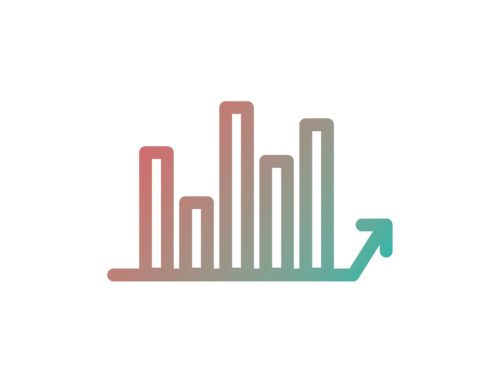Prepared by Sayyid Muhammad Rizvi ©Al-Ma’arif Foundation
On this page you will find Ramadhan resources surrounding fasting, travel, medicine, fidya, kaffara, a seminar video, fitra & more
Qaza, Fidya & Kaffarah
What is Qaza?
To make up for a fast missed due to a valid excuse or out of negligence.
What is Fidya?
A compensation to be paid for fasts missed due to valid reasons.
What is Kaffara?
A fine to be paid for fasts missed due to invalid reasons; negligence, knowingly not fulfilling the obligation.
What is Kaffara?
A fine to be paid for fasts missed due to invalid reasons; negligence, knowingly not fulfilling the obligation.
Which one do I need?
Click the box relevant to your situation to determine your obligations.
Qaza: Required
Fidya: Not required
Kaffara: Required
Note that fasts missed in the early years of bulugh due to ignorance is exempt from kaffarah, but qaza fasts must be fulfilled.
See the ‘Fasting during Travel’ section on this page
How much is Fidya or Kaffara?
Fidya is 750 grams of rice, flour, or any staple good, per day of missed fasts, to be given to needy Shi’a Muslims. It’s recommended to double it to 1.5kg.
Kaffara is 750 grams of rice, flour, or any staple good, per day of missed fasts, to be given to 60 needy Shi’a Muslims. This is equal to 45kg per day.
Note that the recipient must receive fidya and kaffarah in the form of rice, flour, or staple good; not cash. As a result, donation rates will vary by region and organization.
Kaffara is 750 grams of rice, flour, or any staple good, per day of missed fasts, to be given to 60 needy Shi’a Muslims. This is equal to 45kg per day.
Note that the recipient must receive fidya and kaffarah in the form of rice, flour, or staple good; not cash. As a result, donation rates will vary by region and organization.
Medicine while Fasting?
Click the relevant box to view permissible and impermissible medication intake methods during fasting.
- Eye Drops
- Nasal Drops
- COVID-19 Vaccine
- Injection / Syringe
- IV Drop
- Steam inhalation with water only
- Puffer Inhaler (since it only enters the respiratory tract)
- Solid Suppository
- Feeding Tube
- Steam inhalation mixed with medicine
- All meds taken through the mouth (except puffer / inhaler)
- Liquid Enema
- Liquid Suppository
Related FAQs
Fasting During Travel?
Use the form below to determine whether you should fast during your travels.
If you’re located in the Toronto area, you can click here for an interactive map to determine your exact distance of travel from the city limits.
Are you travelling out of city limits at a minimum distance of at least 44KM round-trip (ex 22km going, 22km coming back) OR 44KM one way? Choose the Yes or No button accordingly.
You haven’t traveled far from city limits. Your fast is valid and should be carried out as normal.
Visit al-m.ca/travel for more useful tools regarding travel rulings, including:
– Interactive Toronto map which determines if you’re a Musafir when leaving town
– Qibla direction & prayer time on your specific plane flight
– Qibla direction from any location in the world
– Qasr Salat explained
– Informative & easy-to-understand videos explaining rulings
Seminar Video
Zakātu ’l-Fiṭrah
The Basics
FAQs
Fitra Videos
Informational Video
Interactive Quiz





The rulings are according to Ay. Sistani. Most of the rulings are the same across maraja. Any slight differentiations are mentioned in the Q&A portion of the seminar video on this page.
Amazing resource!
Jazkallah for the efforts to make it easy for us to get answers. May Allah protect Maulana and give you all toufiq to continue in educating the community.